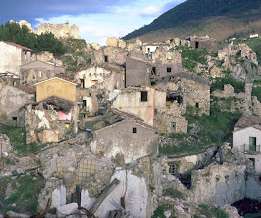Disaster management: Looking through different filters
Crisis Response Journal
AUGUST 15, 2016
Truly committing to equity and inclusivity means providing disaster managers with the flexibility to behave in ways that are respectful of cultural differences across geographical settings, says Nnenia Campbell in a paper first published in Natural Hazard By Nnenia Campbell













Let's personalize your content